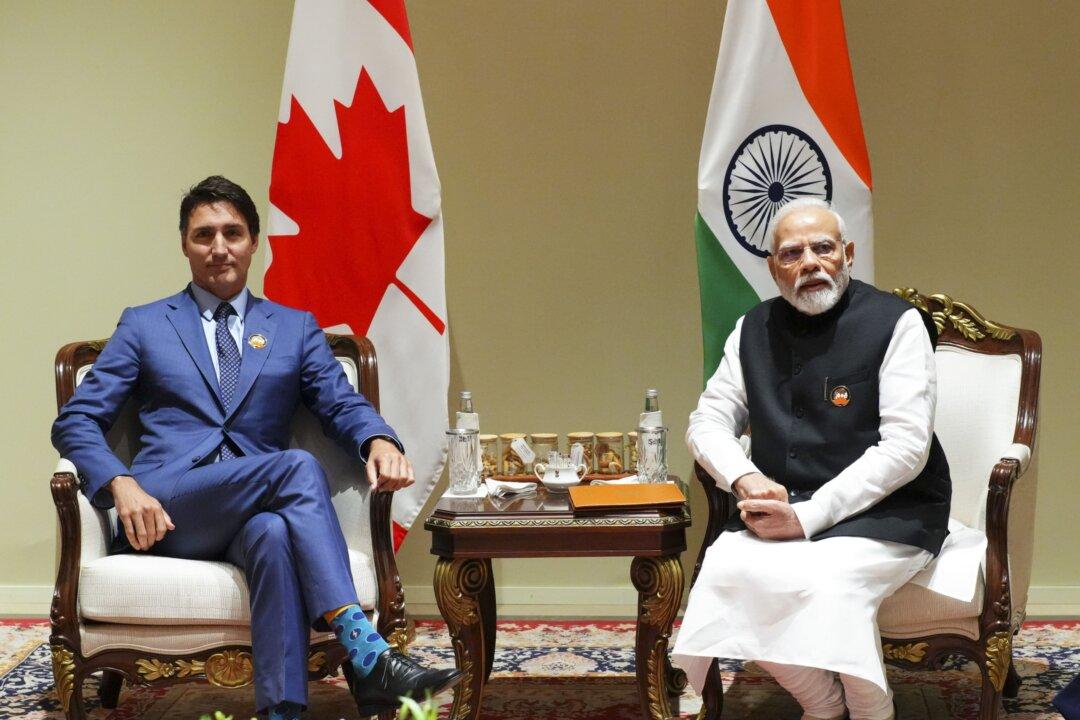Commentary
Political leaders occasionally have to make bombshell announcements to domestic or international audiences. When this occurs, the natural assumption is he or she has been provided with enough evidence to make this assessment with a high degree of confidence. The risk in doing the opposite would be far greater than the reward.





